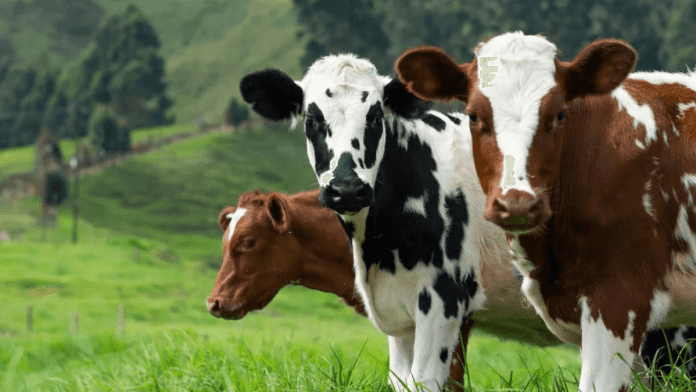News in brief:
– Nigeria has the potential to generate over ₦150 billion annually from livestock exports, given its substantial livestock population and the new Ministry of Livestock Development.
– Senator Bima Enagi praises the creation of this ministry as a crucial step towards diversifying the economy, reducing conflicts, and improving livestock management and export opportunities.
Nigeria has the capacity to generate over ₦150 billion annually from livestock exports, according to former Senator Bima Enagi. With over 150 million livestock and holding 40% of the total cattle population in West Africa, Nigeria has vast untapped potential in the livestock sector. If managed properly, this sector could play a significant role in transforming the economy, offering insights that could benefit farmers worldwide.
Senator Enagi, who served in Nigeria’s 9th National Assembly, noted that the creation of the new Ministry of Livestock Development by President Bola Ahmed Tinubu is a step in the right direction. He expressed hope that livestock export could be the game changer needed to diversify Nigeria’s economy, which has long been reliant on crude oil.
Why Nigeria hasn’t tapped into livestock exports
One of the reasons Nigeria has been unable to enter the lucrative livestock export market is the absence of clear policies, proper laws, and sufficient investment. According to the senator, the country’s dependence on imported meat and dairy products, despite its massive livestock population, reflects this missed opportunity.
This resonates with farmers globally: without the right policies and investment, even a rich agricultural base can fail to thrive. Whether in Africa, Asia, or beyond, governments must implement policies that allow local agriculture to reach international markets.
To promote better livestock management, Senator Bima sponsored the “National Livestock Identification and Management Bureau Bill” in Nigeria’s 9th Assembly. Although it faced challenges, this initiative aimed to improve livestock tracking and identification, ensuring food safety and addressing animal health concerns.
Livestock identification is a practice used worldwide to track animals’ health, movement, and quality. It involves keeping records from the birth of an animal until it reaches the consumer’s table. Such a system not only promotes transparency but also ensures access to international markets, as many countries require stringent livestock data before allowing imports.



